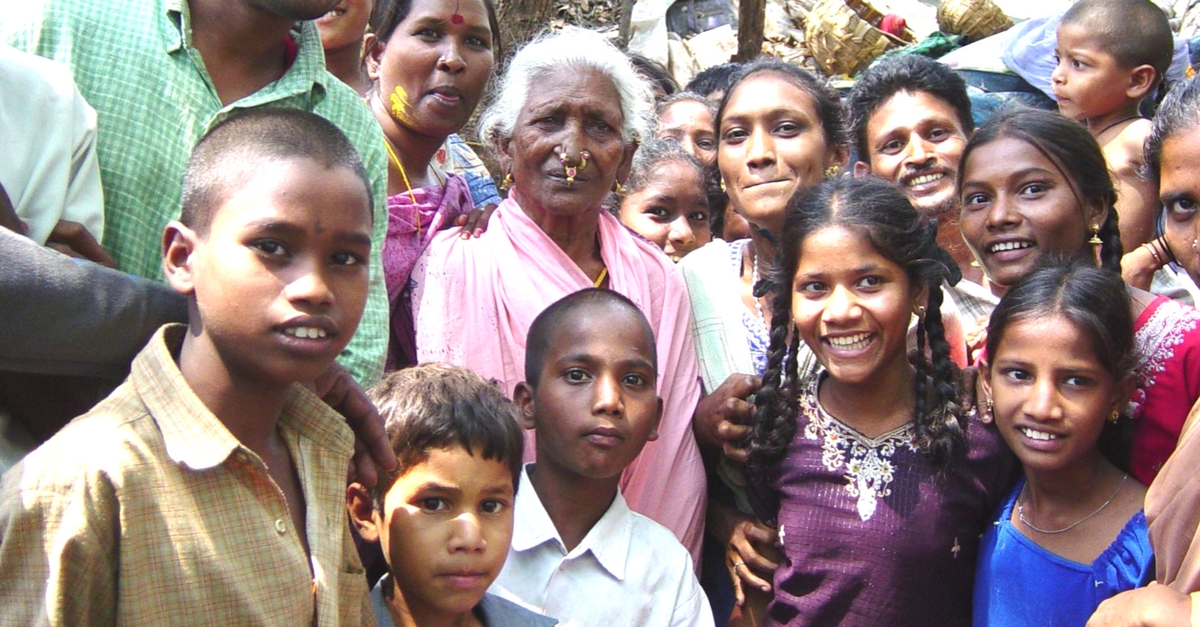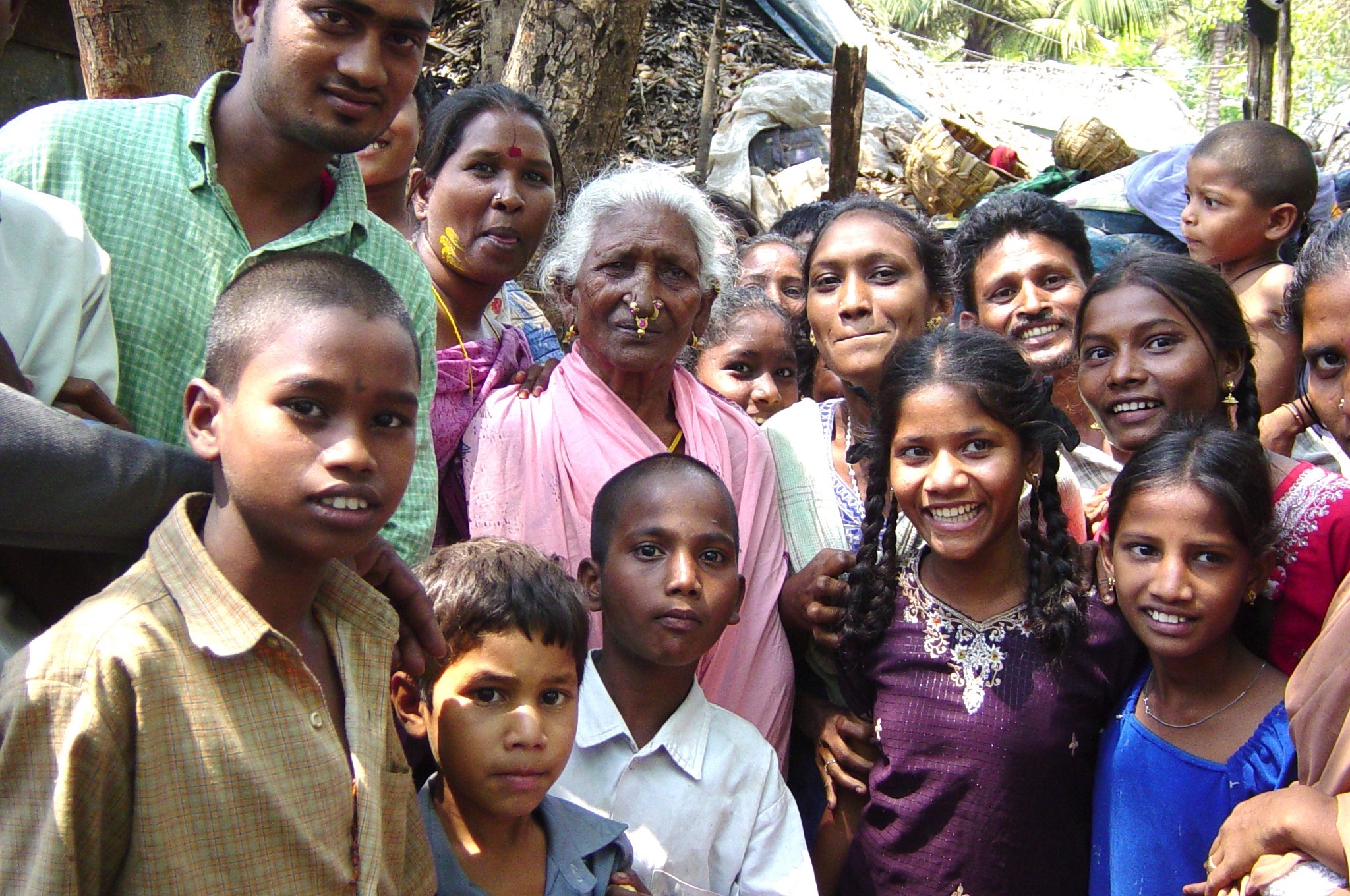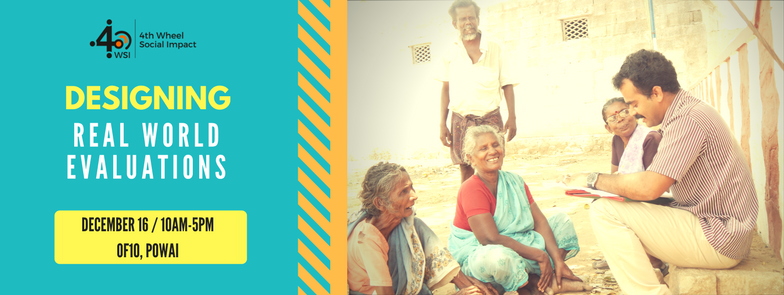Are Your Social Causes Making a Difference? Here’s How You Can Measure ‘Impact’
Impact evaluation has been an emerging and extremely relevant discussion on the global development arena.

The last decade has seen a momentous rise in social investments in the country, thanks to the mandated Corporate Social Responsibility (CSR) spends and the gaining prominence of impact investing.
According to the Ministry of Corporate Affairs (2016), the average CSR spend was INR 9822 crore. A McKinsey & Co. report noted that over the last seven years (2010-2016), impact investors have invested USD 5.2 billion across 485 deals in India.
Looking at the evolved nature of the development sector, social organisations are now increasingly interested in enhancing their documentation, communication and evaluation practices.
This was previously not considered very important since local implementation was seen as the main and primary focus.

Picture for representation only. Source: PxHere
Impact evaluation has been an emerging and extremely relevant discussion on the global development arena, since it has proved to be significantly effective in engaging stakeholders and communities, informing decisions and investments, and improving results and social impact.
Most donors in current times require assessments and evaluations to be conducted for the programs they fund. Naturally, many studies show that increased evaluation budgets lead to improved project impacts. However, impact evaluation does not have a success recipe or textbook approach which program managers or leadership could follow. It requires an in-depth understanding of context, communities and external factor considerations.
In the real world, there are certain challenges that every evaluator faces impeding the perfect evaluation. Along with the pressures of conducting good evaluations, common challenges that need to be addressed are mainly of three types: budget, time and data, especially in developing countries.
These constraints, which limit options and data collection methodologies available to the evaluator, have been called ‘Real World Evaluation Constraints’ (RWE) constraints.

To share experiences and encourage cross-learning in the social sector, 4th Wheel Social Impact has collaborated with RealWorld Evaluation authors to conduct a certified workshop which will discuss practical ‘RealWorld’ evaluation techniques and also innovative participatory tools for evaluation.
Register for the workshop here and to know more mail [email protected]
Like this story? Or have something to share? Write to us: [email protected], or connect with us on Facebook and Twitter.
NEW: Click here to get positive news on WhatsApp!
This story made me
- 97
- 121
- 89
- 167
Tell Us More
We bring stories straight from the heart of India, to inspire millions and create a wave of impact. Our positive movement is growing bigger everyday, and we would love for you to join it.
Please contribute whatever you can, every little penny helps our team in bringing you more stories that support dreams and spread hope.



















